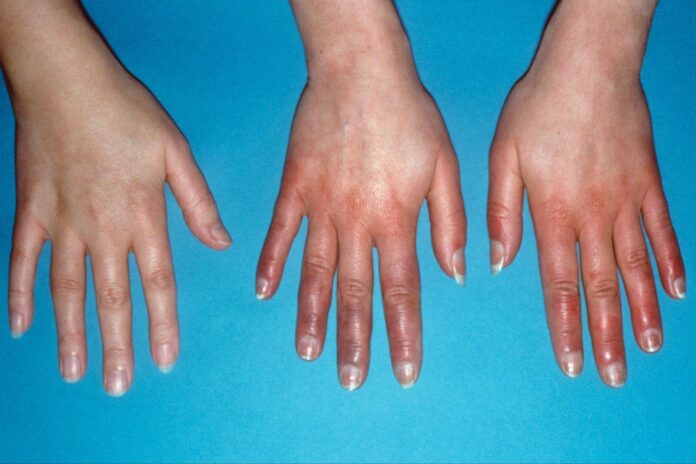Postural Tachycardia Syndrome, commonly referred to as POTS, is a form of dysautonomia. Dysautonomia is a class of disorders of the autonomic nervous system (ANS), which controls involuntary functions such as heartbeat, breathing, and digestion. Dysautonomia, and POTS in particular, is increasing day by day across the globe. In the US, the number is rising especially fast.
Women between the ages of 15 to 50 experience this disease more than others. Sufferers of this disease report that they cannot do day-to-day tasks as they once could. So, if you have this ailment, you can go through this article to adopt a healthy lifestyle to reduce its intensity.
Postural Tachycardia Syndrome or POTS is generally a syndrome that abnormally increases the heart rate after standing or sitting. Attacks can occur suddenly and induce symptoms including dizziness and fainting.
Attacks are often associated with sitting or standing. When one sits or stands, blood flow to different areas of the body can change dramatically, especially into the hand, feet, and belly areas. During that time, blood vessels narrow quickly, and heart rate increases slightly so that the blood flow remains in control and prevents blood pressure from dropping to the brain. This entire function is fully controlled by the Automatic Body function of the nervous system.
POTS can be developed gradually over a long period or suddenly. Some common types of symptoms that you may be experiencing are;
- Heart Palpitations
- Dizziness
- Sweating & Shaking
- Chest Pain
- Fatigue
- Headaches
- Shortness of Breath
- Sleeping disorder
Dealing with POTS disability is not an easy task. If you are unable to earn a living and want to seek benefits, then consult a disability lawyer. Learn More if you or someone you know wants to attain the SSD benefits for POTS.
Understanding the causes of POTS and other forms of Dysautonomia
POTS is not a disease. As ‘S’ stands for a syndrome, it is a cluster of symptoms that can be experienced frequently or suddenly. There are no fully-understood, exact reasons to explain why so many patients are suffering from this syndrome. Symptoms can be different and vary from patient to patient. In many cases, it is found that doctors cannot determine the exact cause of the syndrome. In such scenarios, doctors call it Idiopathic POTS, meaning the unknown origin of the syndrome. But some of the reasons include:
- Traumas
- Pregnancy
- Hypermobile Ehlers- Danlos Syndrome
- Alcohol
- Poisoning, Toxicity
- Hepatitis C
- Mast Cell Activation Disorders
- Vitamin Deficiencies
- Diabetes and Pre-Diabetes
- Vaccinations
Lifestyle to Adopt:
Though medically, there is no permanent cure for POTS, if you take control of your lifestyle and make a few changes, you may very well see some health benefits:
- Taking small meals: Eat a few foods and meals several times a day to avoid symptoms.
- Increase Intakes of Fluid & Salt: Drink plenty of water (3-4 liters) with salt to increase the blood volume. This is very helpful for patients with hypovolemia, blood pooling, and hypotension.
- Avoid smoking & alcohol: Drinking alcohol and smoking is strictly prohibited for POTS patients. If you consume alcohol or smoke, then talk to your doctor about quitting immediately.
- Physical Exercise: Exercises like reclined aerobic, swimming, recumbent bicycling, strengthening of abdomen and legs, can be beneficial for you.
- Medicines: Ivabradine, Midodrine, Fludrocortisone, and others have shown success in treating the symptoms of POTS and related disorders.
- Compression garments: Wearing compression hose clothing or tight socks and undergarments can improve blood flow and help to relax the blood vessels.
POTS can be a prolonged health issue. It can cause disabling conditions and become daunting to get rid of it. But if you take good care of yourself, maintain a healthy lifestyle, and abide by all the essential procedures mentioned above, then the chances are much better that you can get some relief from your symptoms.































